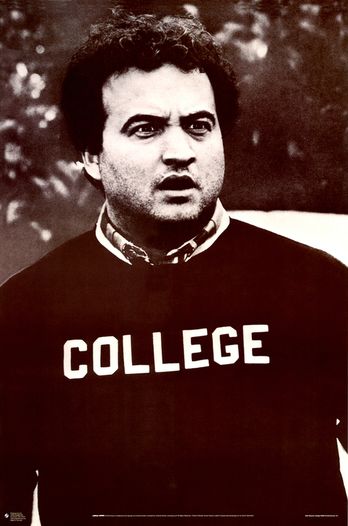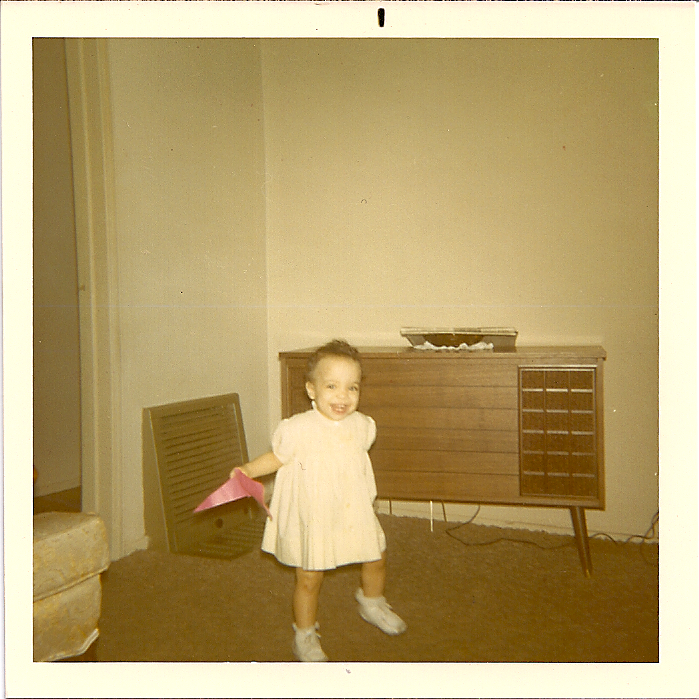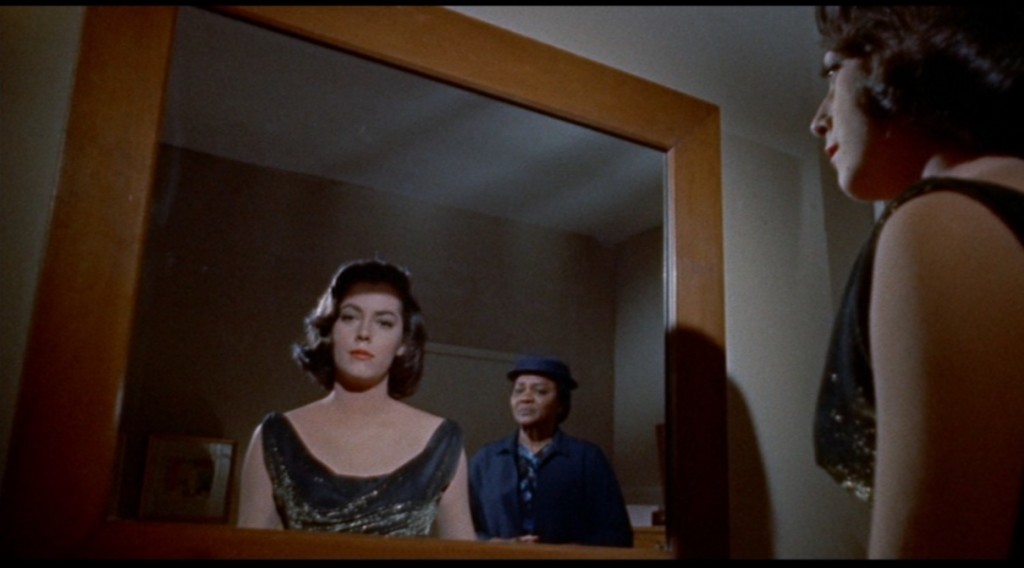Okay, so everybody goes through an identity crisis in college, right? These are the formative years, a time of nascent adulthood and three-drink bisexuals.
I’ve been thinking about college not only because my oldest daughter is about to embark on her search for one, but also because of my recent explorations with identity and resilience. It’s been a long time since I figured out who I am—although it hasn’t been all that long since becoming comfortable with certain aspects of what I figured out.
Who and what am I?
Well, I’m mixed-race black and white. I can be shy, I see myself as an extroverted introvert, and I’m a filmmaker, wife, mom, and lover of solitude. These are all aspects of myself that are and were easy to appreciate. I’m also a queer chick who spent about 18 years drinking heavily then stopped (pretty much cold turkey—I’ll save the crazy AA stories for another time).
The heavy drinking, quite honestly, actually helped (for awhile) with the “uncomfortable” part—specifically, being around those of the queer, female persuasion. I came out in 1990 but spent the next many years overcoming this anxiety. Although I came to understand other parts of my identity, my evolution into a shiny, happy lesbian was a slow one.
It all went down (so to speak) in college. It started in a drama class with Anna Deavere Smith and ended with lesbian sex in a passenger’s seat.
It was my senior year at Stanford, 1991. Anna Deavere Smith, who was about to bask in the theatrical limelight of Fires in the Mirror, was teaching a drama class. It was a popular class and I knew it’d be hard to get in, but I showed up to the first session to try my luck. The criteria were simple enough: precedence was given to drama and American studies majors. Everyone else had to provide a convincing argument for being in the class.
We went in a circle, offering hard-hitting and deeply sociopolitical reasons for wanting a coveted spot. “As a Black female,” started one student. Others had similar, self-prescribed labels of identity: Black man, Asian woman, gay male. (Among those who made the cut were Omar Wasow and my friend Alice Wu.)
My answer to the identity question: “I don’t know what I am. I just thought the class sounded interesting.”
So, yeah, I didn’t make it into the class. Right afterward, however, after I wandered out of the drama department in a daze and headed toward The Claw in front of the Stanford Bookstore….I ran into her. She was the unofficial Big Dyke on Campus. Like me, she was mixed-race. We talked for probably four hours about ethnicity, our families and backgrounds, identity, and sexuality.
Cutting to the chase: about a week later I had my first lesbian sex in her car. She interned for the police department and knew the nighttime beat, so we were supposedly safe in the parking lot near the Stanford Museum for the time being. I think Joni Mitchell was playing on the car stereo. (Of course Joni Mitchell was playing on the car stereo.)
I promise I won’t dredge up a fake scandal if she’s ever nominated to the Supreme Court.
And with this—along with my years of heavy drinking—I was brought into and eventually became comfortable in the world of my own skin, at least to the extent that I avoided any major, life-threatening catastrophe. Was it easy? No. Did I make it to the other side with a better understanding of myself (and a new if unfortunate lesbian wardrobe)? Yes.
What I learned from all of this: For anyone going through any sort of identity “crisis,” or any process of bringing into greater focus those things that lead to “me,” it always feels like the first time—not unlike sex in a parked vehicle with a time limit.
In the next and final installment of identify and resilience, I’ll share a few of the finer moments with my now estranged friend, alcohol.






